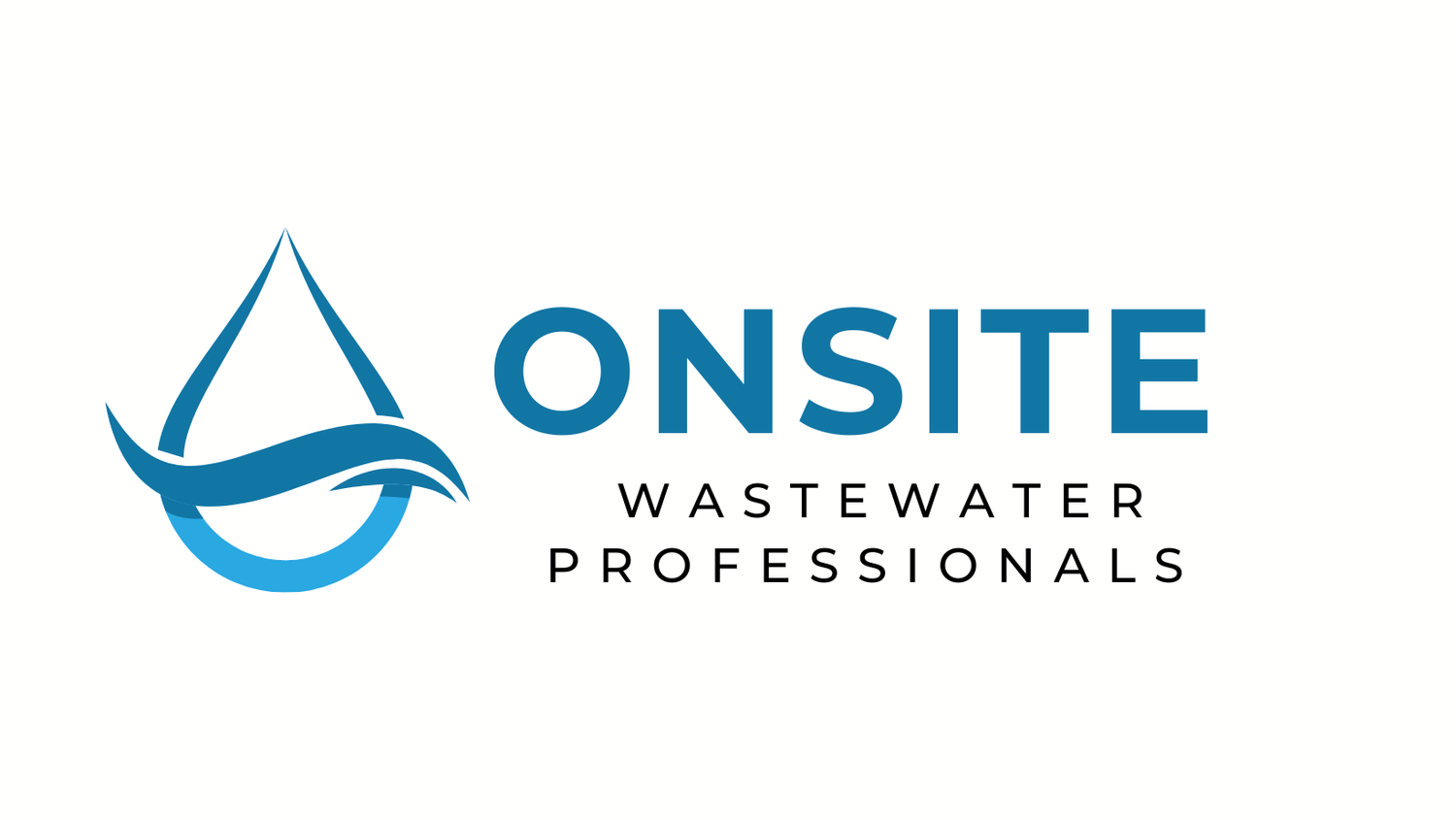Legislative Update: Disaster Recovery Support Through Senate Bill 382 (S.L. 2024-57)
In response to the devastating impacts of Hurricane Helene, the North Carolina General Assembly has enacted Senate Bill 382 (S.L. 2024-57). This legislation introduces critical changes to disaster recovery efforts, providing flexibility and support for affected communities. Here’s what you need to know about the key provisions of this important update:
Extended Septic System Permits
To support rebuilding and recovery, septic system permits in affected counties will remain valid for up to 10 years from their original issuance date. This applies to:
Improvement Permits (IPs)
Construction Authorizations (CAs)
Operation Permits (OPs)
Notice of Intents (NOIs)
Permits that were valid at any point between January 1, 2024, and December 11, 2024, are automatically extended. For example, an Improvement Permit that expired in February 2024 will now be valid through February 2029.
💡 Note: While extensions provide relief, permit holders must still adhere to inspection requirements and all other applicable laws.
Temporary Water Supplies in Disaster Areas
The legislation allows for the temporary operation of public water systems in areas impacted by Hurricane Helene. Specifically:
Temporary water systems may operate without a permit for up to 59 days to address urgent health and safety needs.
Suppliers must notify the Department of Environmental Quality (DEQ) before operation and comply with regular water quality checks, such as chlorine and bacteria testing.
Operations can be halted early if public health risks are identified.
This flexibility ensures communities have access to safe water during emergencies while maintaining public health safeguards.
Connecting Temporary Housing to Septic Systems
A key provision addresses the urgent housing needs in disaster-affected areas. Under Senate Bill 382:
Homeowners can connect temporary housing (such as trailers or modular units) to existing septic systems by signing a simple affidavit.
These connections are valid for up to 12 months or until permanent housing is established.
Local health departments are prohibited from denying these connections.
The legislation also shields government employees and contractors from liability related to these temporary setups, ensuring fast and efficient housing solutions for displaced residents.
Who Benefits from This Legislation?
This legislation applies to the 25 counties and the Eastern Band of Cherokee Indians included in the Federal Disaster Declaration. Affected counties include Alexander, Buncombe, Haywood, Watauga, and many others.
By addressing immediate needs for water, housing, and permitting flexibility, Senate Bill 382 aims to support communities in their recovery while maintaining public health and safety.
Your Voice Matters
We’ve heard from many community members who are relieved by these changes but have concerns, especially about the permit extension provisions. For example, the extension of Notices of Intent (NOIs) for private permits through a PE (Professional Engineer) or AOWE (Authorized On-Site Wastewater Evaluator) has sparked some debate.
What do you think about these changes? Share your thoughts—your feedback helps ensure future policies align with the needs of our communities.
#LegislativeUpdate #DisasterRecovery #HurricaneHelene #NorthCarolina

